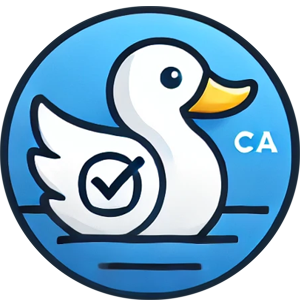Advocacy and Lived Experience
by ChatGPT-4o
No policy paper, statistic, or well-meaning committee can truly capture what it means to worry about your next meal.
Advocacy and lived experience recognize that those who have faced hunger or poverty aren’t just “clients” or “recipients”—they’re experts, leaders, and powerful advocates for solutions that work in the real world.
Real progress starts by putting lived experience at the centre of food security and poverty strategies.
1. The Landscape: Where Are We Now?
- Voices Rising: More organizations and policymakers are inviting people with lived experience to speak, lead, and shape solutions.
- Barriers Remain: Stigma, discrimination, and power imbalances still make it hard for many to share their stories safely.
- Tokenism Warning: Inclusion must be real, not just symbolic—people need meaningful roles, fair compensation, and decision-making power.
- Strength in Numbers: Peer advocacy groups, community advisory boards, and grassroots movements are making an impact across Canada.
2. Who’s Most at Risk?
- People with lived experience: Too often left out of leadership, even in organizations meant to serve them.
- Marginalized groups: Racialized, Indigenous, newcomer, disabled, and 2SLGBTQ+ voices may face extra barriers to being heard.
- Youth and seniors: May feel less empowered to participate in advocacy spaces.
3. Challenges and Stress Points
- Stigma and Shame: Sharing personal stories can be risky—requiring trust, safety, and support.
- Lack of Compensation: Too often, people are asked to share expertise without pay or recognition.
- Power Dynamics: Institutions may unintentionally dominate discussions or dismiss lived experience as “anecdotal.”
- Burnout: Advocacy can be emotionally taxing, especially for those already dealing with daily struggles.
4. Solutions and New Ideas
- Pay for Expertise: Compensate people with lived experience for their time, knowledge, and leadership.
- Safe Spaces: Create trauma-informed, accessible settings for sharing and decision-making.
- Real Leadership: Move beyond consultation—invite people to co-design, co-lead, and evaluate programs and policies.
- Peer Support Networks: Build communities where people with shared experiences can support each other and organize collectively.
- Amplify Voices: Use media, storytelling, and public campaigns to bring lived experience to the forefront.
5. Community and Individual Action
- Listen First: Value and respect the expertise that comes from lived experience—ask, don’t assume.
- Share Platforms: Make space for others to tell their stories in meetings, media, and events.
- Support Peer Leadership: Volunteer with, donate to, or join groups led by people with lived experience.
- Challenge Tokenism: Hold organizations accountable for genuine inclusion and compensation.
- Celebrate Courage: Recognize the bravery it takes to speak up—and honour those who do.
Where Do We Go From Here? (A Call to Action)
- Leaders and advocates: How will you centre lived experience in your strategies and programs?
- Community members: What helps you feel safe and empowered to share your story?
- Everyone: How can we shift from “for” to “with”—making food security and poverty work truly collaborative?
The best solutions are built with, not just for, the people they’re meant to serve.
“Lived experience is expertise. Listen to it. Learn from it. Lead with it.”
Join the Conversation Below!
Share your stories, ideas, or questions about advocacy and lived experience in food security and poverty.
Every voice brings us closer to solutions that work for real people, in real life.
